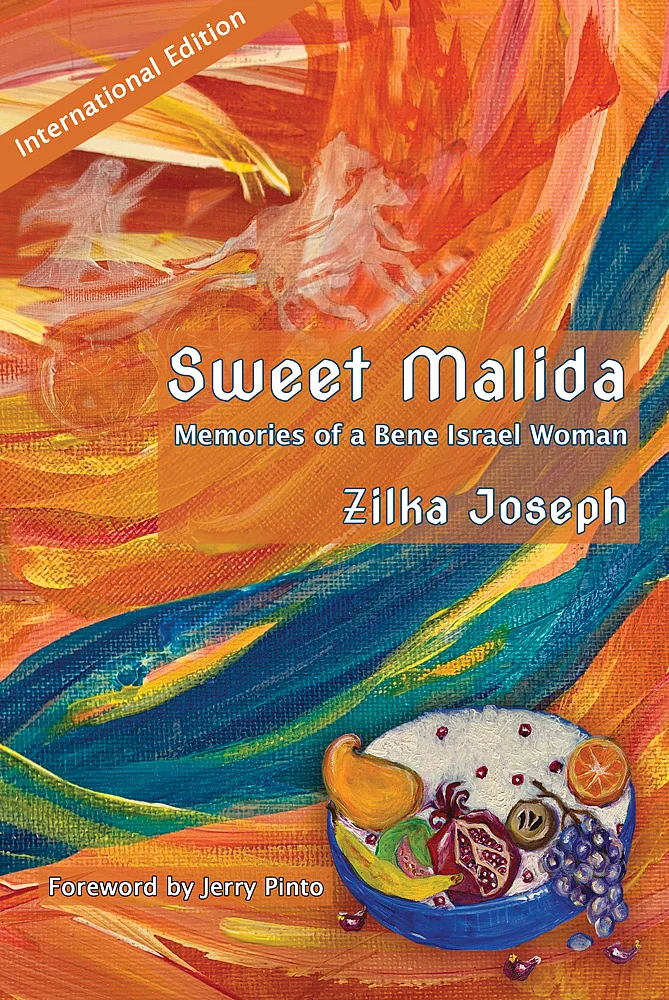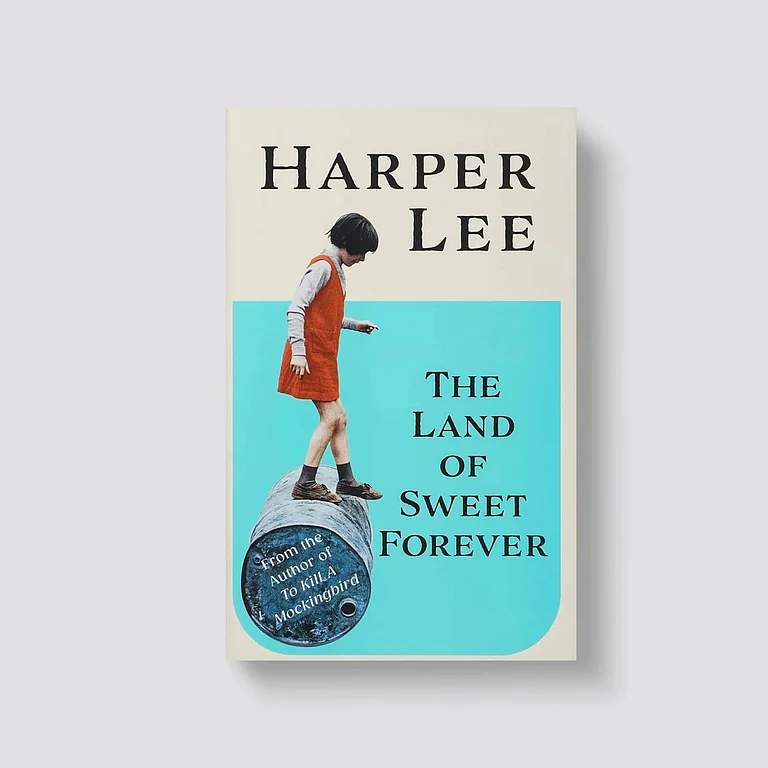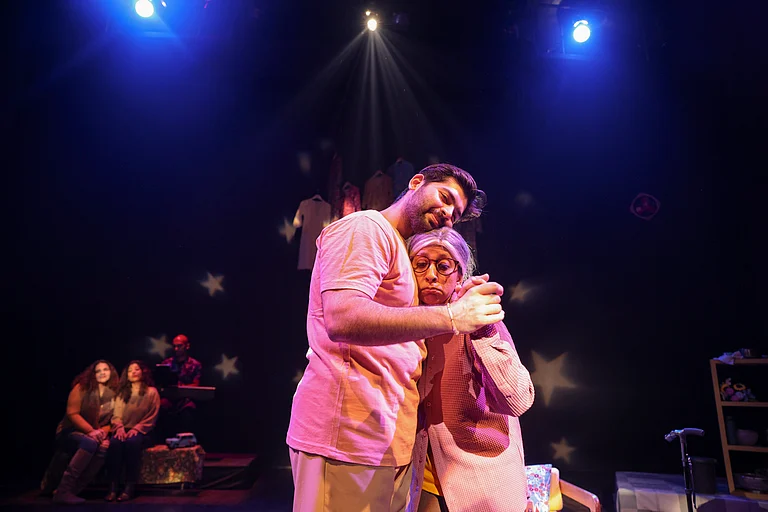Sweet Malida
Sweet malida,
a mix of water-softened
flattened rice, sugar,
dried fruits and nuts,
was a dish made
for Shabbath, or for breaking
our fasts. Cooling, light
on the palate, and
to the body and the spirit,
it was welcome in the heat
of day or night. We had many foods
in common with our Muslim,
Christian and Hindu neighbors,
and we often celebrated together
their festivals or ours. I relished
particularly fresh coconut,
the regional staple, its milk
or its flesh added to almost
every dish. But this was to me
the best way to eat it;
finely grated
by my mother’s hands,
left unsweetened
and sprinkled haphazardly
on the malida, juicy threads
with a fleck of stubborn
brown kernel here and there
that sometimes crunched
in your teeth like sand,
and you winced and swallowed it,
knowing that there was no
simpler or purer
or truer form than that.
Not One Fish
—David Rahabi is a central figure in many stories, including one saying that
he came in 1000 CE. He may actually have been David Ezekiel Rahabi (1694-
1772) from Cochin on the Malabar Coast, south of Konkan, who helped to
revive Judaism among the Bene Israel.
So David Rahabi of Malabar traveled north up the west coast
and encountered the shanwar telis, who had taken the names of
the villages for their own. He wondered at the oil pressers and
farmers, others who made a living by other rural professions, these
women and men who had lived as a caste among the locals. So long
unknown, this mysterious community, so apart from the urban world.
They did not call themselves Jews, nor did they know the word. But
he was impressed by the ancient rituals they practiced, the powerful
prayer they remembered and used for all occasions—the Shema
Israel, which had kept them together.
As legend goes, he asked the women to prepare a feast for him
from the bounty of the Arabian Sea.
Would they pick crab and shrimp?
Mussel, clam, or bottom feeders?
No.
Not
one
fish.
Not one
fish
without
fins and scales
had they chosen.
Not one fish
without fins
or scales
was served.
They brought him white-fleshed fish like paplet, and oily fish
like bangda and tarli, fresh and flavorful, and salty as the waters that
brought the Bene Israel hence from the land of Solomon and David.
He knew then: they kept kosher,
a word they did not recall,
just kept a simple faith
in the God of Abraham.
Choral Sonnet
We knew the Shema, kept Shabbath, diet
rules, performed circumcision on our sons,
observed Passover. We lived in our own
world, thrived. Christians discovered us. Later
they taught us Hebrew, translated holy
books to Marathi, educated us,
but could not convert us. Lost Tribes?—folks said,
some laughed, impure. Even among us we
separated “dark” from “fair.” From Kochi
came Rahabi, who sent us three scholars.
Torah, rituals, rules, we absorbed daily.
Did we need anything to define us?
Let the world scoff at the Cohanim gene
found in our blood. We always knew the truth.
About the Author:
Zilka Joseph is the author of five collections of poetry. Her work is influenced by Indian and Western cultures, and her Bene Israel roots. Her poems have appeared in journals such as Poetry, Poetry Daily, Kenyon Review Online, Michigan Quarterly Review.
About the Cover Artist
Born Raina Rahael Ezekiel into Parsi and Bene Israel families, in Bombay, India, and lives in Portland, Oregon.
Published by Mayapple Press, Pippa Rann Books & Media in 2024























